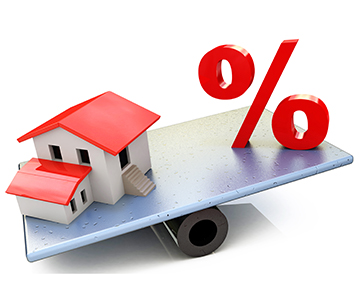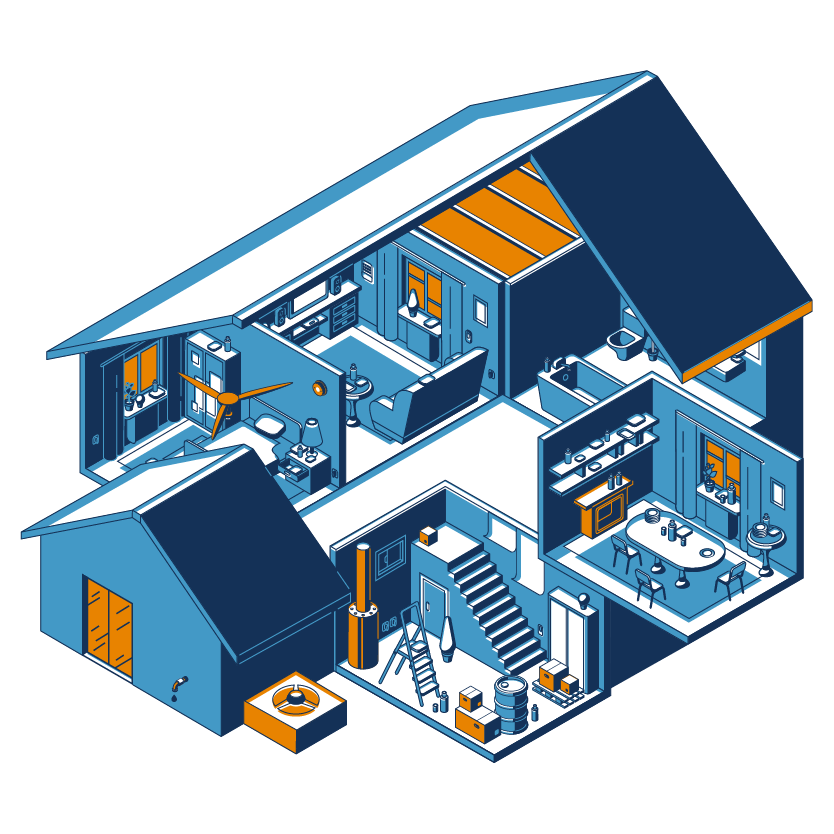When you’re searching for a home, your first thought probably isn’t about insurance, and certainly not on mortgage insurance. However, for many home buyers, private mortgage insurance (PMI) is something you will learn about when you’re considering your down payment. So, before we get ahead of ourselves, let’s define PMI.
What is PMI?
Private mortgage insurance (PMI) is insurance that is usually required on conventional mortgage loans when the down payment is less than 20 percent. PMI protects the lender if you stop making payments on your loan.
PMI rates vary based upon a variety of factors, such as the percent of the loan insured, Loan-to-Value (LTV), fixed or variable, and borrower’s credit score. The rates may be paid in a single lump sum, annually, monthly, or in some combination of the two (split premiums). Depending on the borrower’s income, mortgage insurance premiums may be tax deductible.
Two Types of PMI:
1. Borrower-Paid Private Mortgage Insurance (BPMI) is provided by private insurance companies and paid for by borrowers. The insurance can be canceled once the LTV reaches 80 percent. PMI automatically cancels when LTV reaches 78 percent of the original appraised value or sales price, whichever is less. Under certain circumstances BPMI can be cancelled earlier by the mortgage servicer ordering a new appraisal, with it showing a loan balance of less than 80 percent of the home’s value due to appreciation. This generally requires at least two years of on-time payments.
Lenders’ LTV requirements for PMI cancellation may differ based on the age of the loan and current or original occupancy of the home. While PMI rules apply only to single family primary residences at closing, mortgage investors Fannie Mae and Freddie Mac allow mortgage providers to apply these rules for secondary residences. Investment properties typically require lower LTVs.
2. Lender-Paid Private Mortgage Insurance (LPMI) is paid for by the lender instead of the borrower. This is typically done in exchange for a higher interest rate.
Possible Ways to Avoid Buying PMI:
Everyone’s situation is different, so you’ll want to discuss with your lender what arrangement is best for you. If you’re trying to avoid taking out PMI, you can take a couple routes, such as:
- Second Mortgage: A borrower may obtain a second mortgage in conjunction with their first mortgage. Essentially, the second mortgage makes up the difference between the amount of down payment and the 20 percent equity requirement. Bankers Trust offers preferential interest rates for Home Equity Lines of Credit or Fixed Rate Second Mortgages when obtained in conjunction with a first mortgage.
- Portfolio Lending: In this case, Bankers Trust services the loan ourselves rather than selling the loan onto the secondary market. With our Portfolio Lending programs, we have the luxury of in-house underwriting to standards we established, rather than adhering to Fannie Mae and Freddie Mac guidelines. Often, this enables us to waive your PMI obligation as well.








 Equal Housing Lender. SBA Preferred Lender. NMLS #440379
Equal Housing Lender. SBA Preferred Lender. NMLS #440379